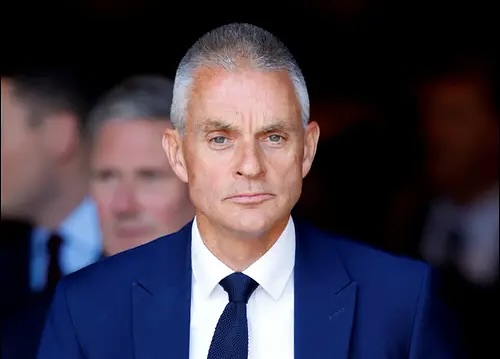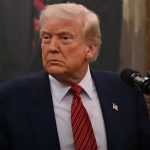BBC Director-General Tim Davie Resigns Amid Editorial Controversy and Public Scrutiny
Tim Davie has resigned as Director-General of the BBC, alongside BBC News chief Deborah Turness, following criticism over the editing of footage in a documentary featuring comments by US President Donald Trump. The broadcaster acknowledged errors in how the segment was produced but rejected accusations of political or institutional bias. The resignations come as the BBC faces growing scrutiny over trust, impartiality and the future of the UK TV licence fee.
Leadership Shake-Up at the UK’s Most Influential Broadcaster
The BBC has entered a period of major upheaval. Tim Davie, who has led the organisation since 2020, confirmed he will step down. Deborah Turness, the head of BBC News and Current Affairs, also announced her departure.
The decisions follow a wave of criticism over how BBC News edited a documentary segment involving a speech by Donald Trump. Critics said the edit changed the tone and meaning of the remarks, sparking claims of misleading presentation. The internal and external pressure ultimately contributed to the leadership exits.
In an email to staff, Davie wrote that while there were several factors behind his decision, the debate surrounding BBC News “understandably contributed.”
Turness said the controversy had reached a point where it was “causing damage to the BBC – an institution that I love.”
Why Public Trust Matters More Than Anything
The BBC is funded through the UK TV licence fee paid by households, meaning it must uphold a high standard of impartiality and editorial integrity. Any controversy involving accuracy or fairness carries a reputational cost.
Tim Davie acknowledged that “mistakes have been made,” but strongly rejected claims that the BBC as a whole is biased. Turness also stated that allegations of “institutional bias” were not supported by evidence.
Former UK Culture Secretary Sir John Whittingdale previously said:
“Trust is the BBC’s most valuable currency. Lose that, and you lose the justification for universal public funding.”
This moment underscores that message.
Political and International Response
Donald Trump welcomed the resignations and criticised the broadcaster on social media. His comments intensified the story internationally, framing it within a broader debate about media trust in the US and UK.
UK Culture Secretary Lisa Nandy thanked Davie for guiding the BBC through “a period of significant change,” adding that leadership was right to treat allegations of systemic bias with seriousness and transparency.
The BBC is expected to issue a formal written apology relating specifically to how the Trump speech was edited.
Financial and Strategic Stakes: The Future of the Licence Fee
The resignations also arrive at a critical moment for the organisation’s financial structure. The government’s review of the licence fee model is underway, and the broadcaster is dealing with rising production costs, digital competition, and shifting audience habits.
Key strategic challenges ahead include:
-
Negotiating the next licence fee settlement
-
Maintaining trust in news during a polarised political climate
-
Increasing digital innovation while controlling overall spending
-
Safeguarding global reputation against misinformation narratives
According to analysis reviewed by CEO Today, the leadership changes could influence how aggressively the government pushes for reforms to BBC governance and funding.
What Comes Next for the BBC?
The appointment of a new Director-General will shape the BBC’s identity for years to come. The next leader will be responsible for stabilising public confidence, refining editorial processes, and guiding the BBC through one of its most closely watched funding debates in decades.
Public trust remains central. The BBC has long been regarded as a global standard for journalism, but sustaining that reputation requires consistent accountability and clarity in how news is produced and delivered.
This is not simply a high-profile resignation story. It is a defining moment for one of the world’s most influential media institutions. The decisions made in the coming months will determine how the BBC adapts in an era of heightened scrutiny, digital transformation and intense political attention.














